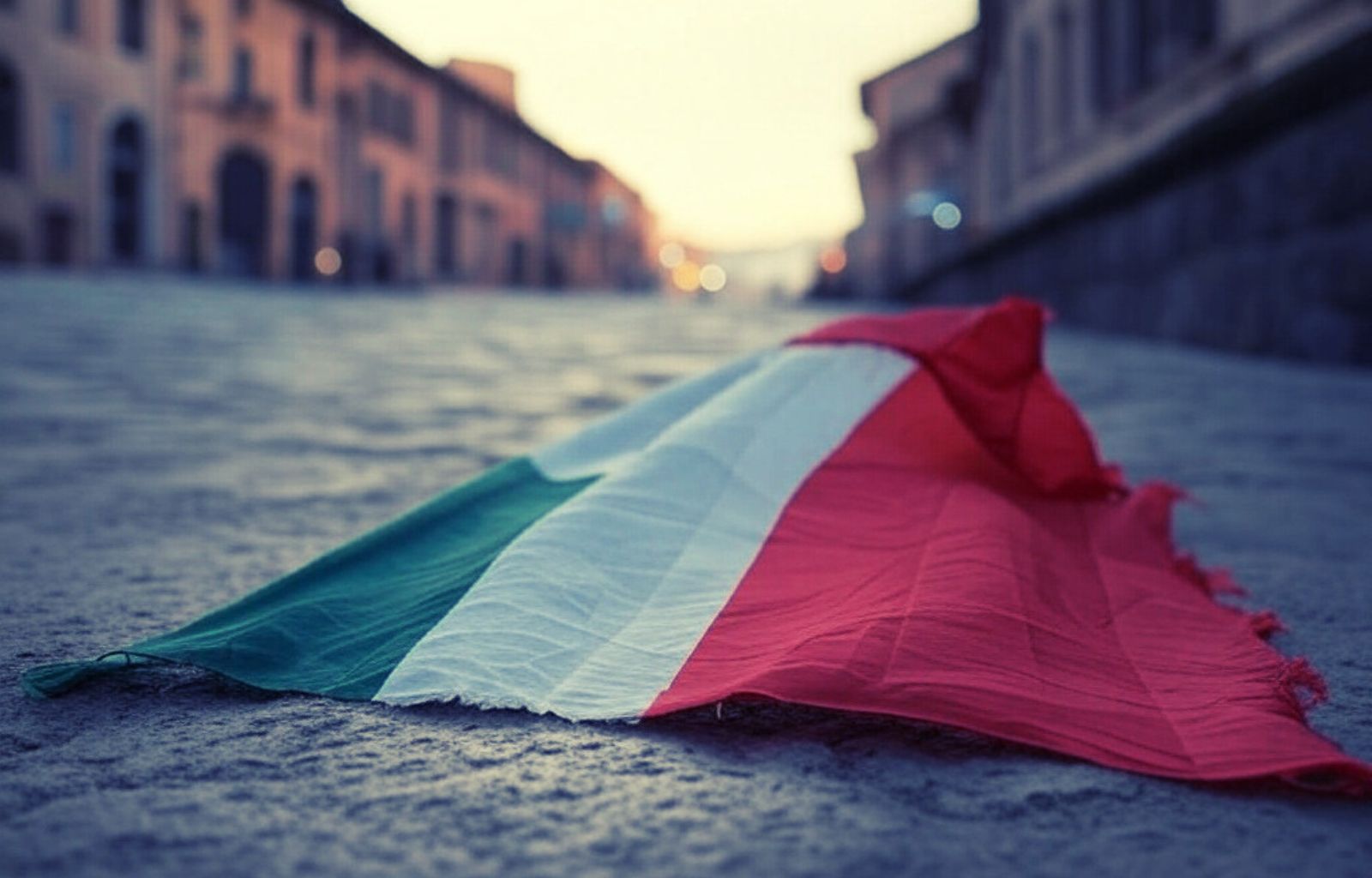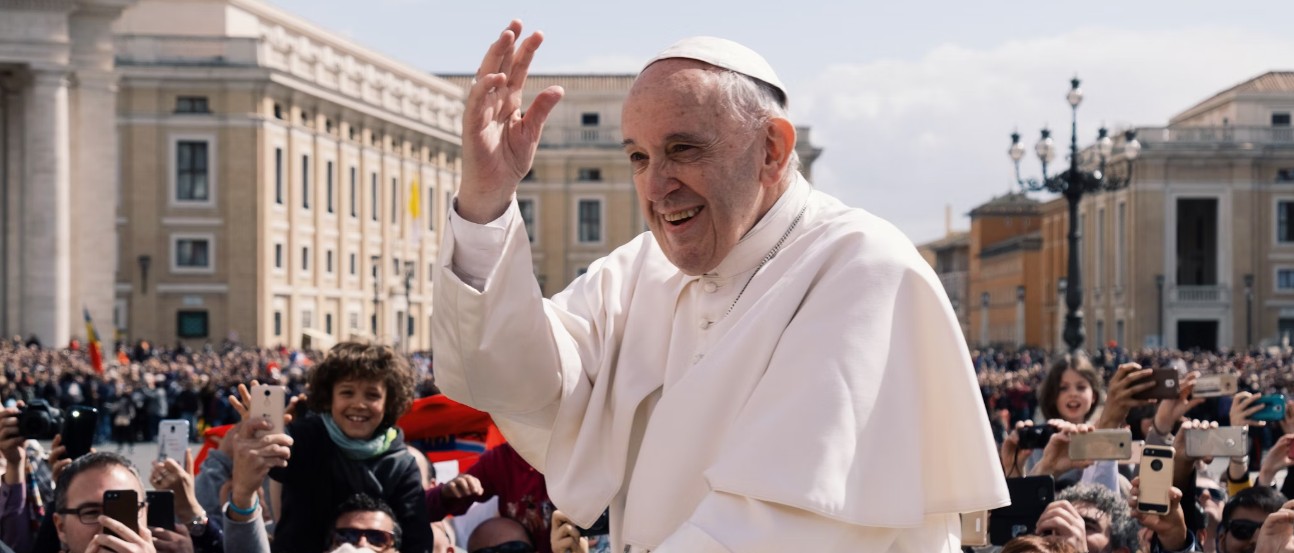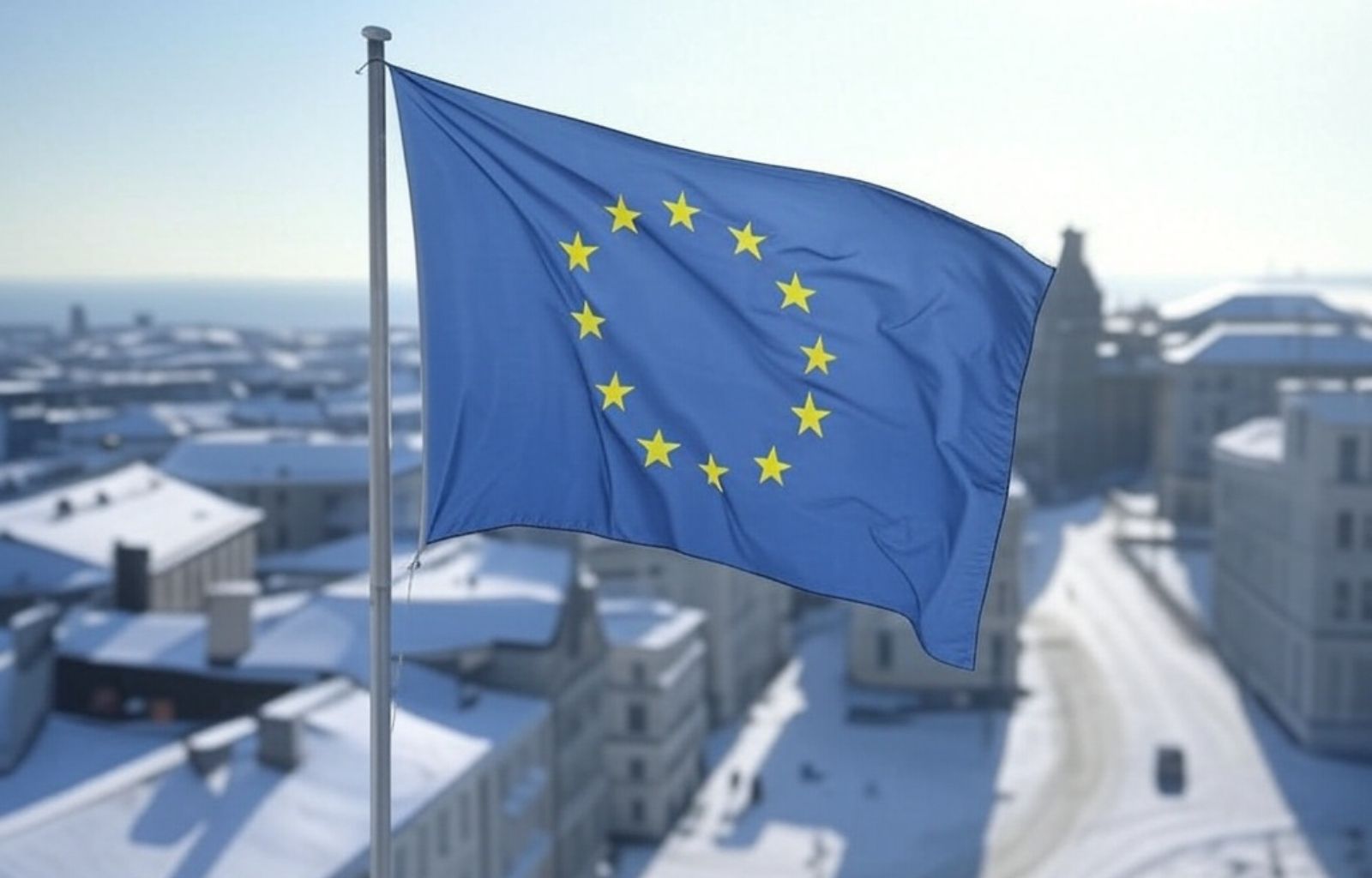25 April: ideology has eaten away at memory and the square has become a courtroom

25 April, the anniversary of the Liberation from Nazi-Fascism, has always been a symbolic and founding anniversary of the Italian Republic. But what happened this year in various cities – from Milan to Rome, from Turin to Trieste – calls for a deeper reflection: to whom does anti-fascism belong today? And, above all, who sets its boundaries?
The Milanese paradox: the Jewish Brigade forced to retreat
In Milan, the Jewish Brigade had to abandon the procession ‘for security reasons’. Not a simple incident, but the sign of an ideological drift. The descendants of those who fought against Nazi-fascism in 1945 were pelted with insults (‘murderers‘, ‘Netanyahu terrorist‘) by those who, waving Palestinian flags, turned the procession into a geopolitical arena.
If it took the intervention of police and volunteers to contain the confrontation, it was not a normal protest. Anti-fascism loses its universality when it becomes an ideological cudgel: those who do not align themselves are marginalised, even if they are the bearers of an authentic and historically founded memory.
Rome and the generational divide
Even in Rome, tensions exploded. Students and antagonist groups protested against the ANPI, accusing it of being ‘warmongering’ for its Atlanticist positions and proximity to the Democratic Party. Insults, shoving and the burning of a NATO flag marked the break.
The procession has split: on one side the ‘fathers’ of institutional anti-fascism, on the other a new generation that wants more to process than commemorate. It is a clash between memories: between those who want to preserve the past and those who want to rewrite it. The risk? That 25 April will increasingly become a divisive event rather than a moment of cohesion.
Clashes in Turin and Trieste: when the square loses its meaning
In Turin and Trieste the climate degenerated into clashes between demonstrators and police forces. Anti-fascism, instead of uniting in the condemnation of past violence, ended up being sucked into a permanent spiral of tension. No longer a celebration of freedom, but political conflict for its own sake.
Selective anti-fascism and exclusion zones
Of concern is the transformation of anti-fascism into a selective doctrine, which distinguishes between ‘good’ and ‘bad’ on the basis of positions on contemporary wars, Israel or Ukraine. In doing so, it builds a new orthodoxy that rejects pluralism and erases the value of those who fought for freedom eighty years ago.
Defending memory from simplification
To remain a founding value, anti-fascism must be inclusive, not sectarian. It must distinguish between history and actuality, between shared memory and legitimate differences. If it becomes an instrument of exclusion and polarisation, it loses its function as a common heritage and becomes indistinguishable from the evil it professes to combat.
In an era of revisionism and disinformation, it is urgent to recover a language that combines historical truth, mutual respect and civic responsibility. 25 April must once again become a celebration of freedom, not an ideological showdown.
An invitation to dialogue, not purge
Who decides today who can call themselves an anti-fascist? It is an uncomfortable but necessary question. If ‘who shouts the loudest’ prevails, the risk is clear: we will move from liberation to purge, from memory to exclusionary militancy.
It is time to reverse course: only a pluralist and consistent anti-fascism can still give meaning to one of the most important dates in our republican history. Those who use anti-fascism to construct new exclusions betray the very spirit of 25 April. Memory is not a weapon to be wielded against the opponent of the day, but a civil duty that demands respect, truth and pluralism. Freedom does not belong to a faction: it belongs to those who have the courage to defend it every day, without rewriting history for their own use.











